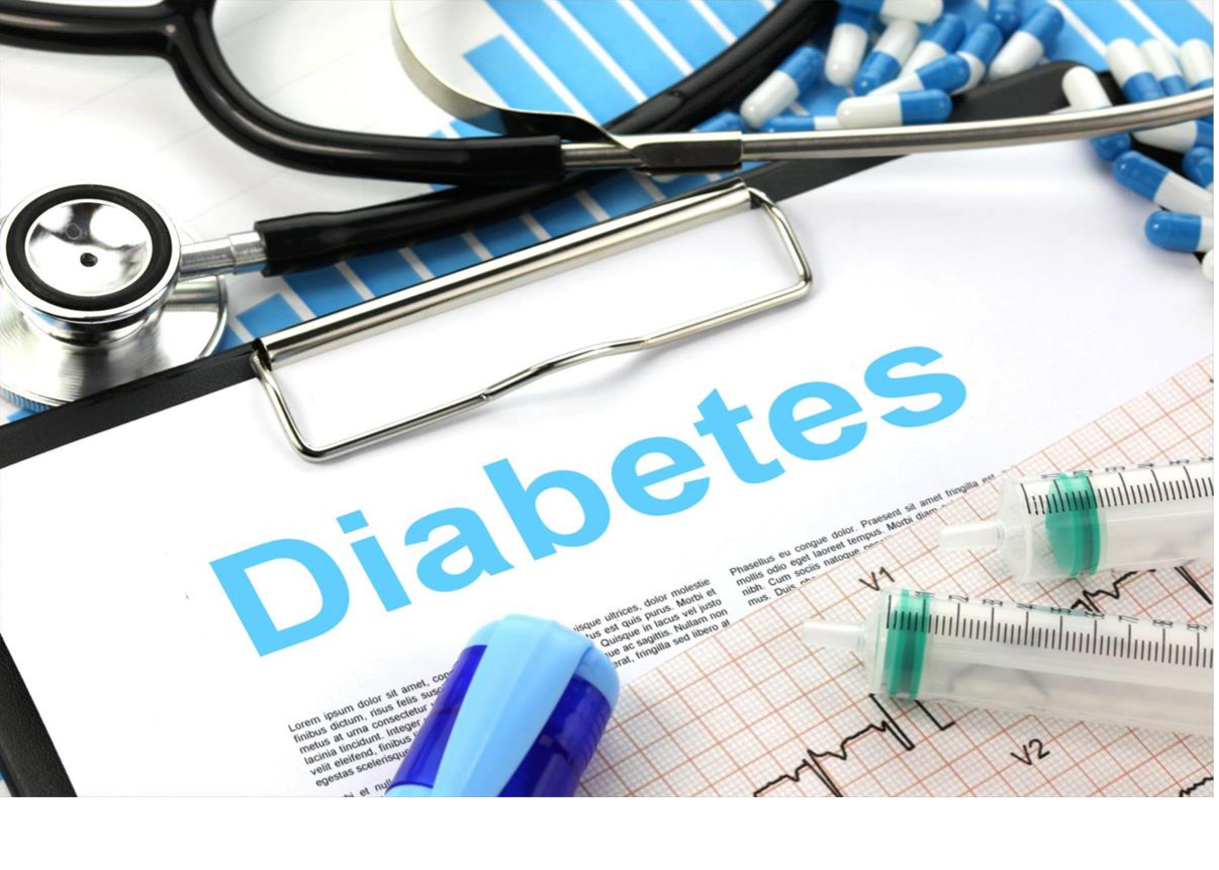Home Study Continuing Pharmacy Education
Take advantage of remote CE learning. The Continuing Education Office provides up to date educational content from the University of Colorado anytime through our online learning platforms. We offer a variety of ACPE-accredited home study activities, some free, some requiring a fee - that you can complete from the comfort of your home.
Gender Affirming Care: Basics to Providing Care
This course is designed for healthcare professionals across various settings—including retail, inpatient, and outpatient clinics—who wish to enhance their understanding and skills in providing gender affirming care. With a focus on hormone therapies and other gender-affirming medications, often used off-label, this training will cover the recommended practices outlined in multiple healthcare guidelines. Participants will learn about the unique approaches to therapeutic targets and goals specific to gender affirming treatments.Advance Diabetes Home Study
The focus of the home study modules is on pattern management for complex diabetes patients. It is designed to prepare pharmacists with the knowledge, skills, and practical training to use pattern management and technology to provide patient centered diabetes care. Home study modules provide comprehensive didactic instruction on key concepts for managing complex diabetes patients using current standards of practice and technology.
Managing Medications During Ramadan
The Skaggs School of Pharmacy and Pharmaceutical Sciences is committed to fostering a diverse, equitable, and inclusive community. This three-part series will focus on Muslim patients and what healthcare providers need to consider when it comes to fasting practices during the holy month of Ramadan.
Immunization Updates
The field of vaccinations continues to change at an amazing rate. This has only increased with the COVID-19 pandemic and all of the advancements in vaccine development that have occurred to combat this pandemic. Pharmacists should be updated regularly on changes to vaccine and immunization recommendations not just for COVID-19 but across all vaccine-preventable diseases as they are the most accessible healthcare provider in a community.
Appointment-Based Model: The Why and How
Changes are occurring in pharmacy as well as health care in general that may change the workflow of the traditional pharmacy. These changes include a shortage of primary care providers, increased clinical pharmacy services, decreased reimbursement for prescription fills, and new types of pharmacy competitors. One method to adapt to these changes is by implementing the appointment-based model.
A Closer Look at Tobacco Cessation Counseling for Colorado Pharmacists
The statewide protocol permitting Colorado pharmacists to engage with their customers on smoking cessation goals are relatively new. Outside the required online course, very little educational work has been applied to training pharmacists how to perform tobacco cessation counseling. The protocol points the pharmacists to the seminal text Treating Tobacco Dependence, 2008 update, but this text is sparse on practical knowledge itself. Moreover, we know that even while screening for tobacco use is high in Colorado primary care offices, the provision of counseling is very low despite decades of engaging PCPs in this important work.

Electronic Nicotine Delivery Systems (ENDS), Young Adults and Cessation
Two factors speak to the need for this module. The first is that it speaks to a newly emergent population--young adults whose first experience with nicotine was an electronic device between the years 2018-2020 when such use was labeled "epidemic." Second, there is widespread misinformation about the role of nicotine in causing disease and, relatedly, whether ENDS offer a harm reduction pathway to current adult smokers.

Medical Cannabis for Health Care Providers
Medical cannabis is legalized in 36 states, the District of Columbia and four U.S. territories. Twelve other states have laws that limit tetrahydrocannabinol (THC) content, for the purpose of allowing access to products that are rich in cannabidiol (CBD), another component of cannabis. While recreational cannabis is legalized in 18 states, the focus on the modules is on medical cannabis efficacy and safety.
The Measurement and Assessment of Blood Pressure
Hypertension is a common chronic disease impacting nearly half of the adult US population. Uncontrolled hypertension can lead to severe consequences ranging from vision loss, myocardial infarction, to death. A third of patients are not even aware they have elevated blood pressure. Pharmacists are in a unique position to help provide greater access to blood pressure monitoring, and support of pharmacies assessing blood pressure is supported by several professional organizations.
Marketing Clinical Pharmacy Services in a Community Pharmacy
Marketing clinical pharmacy services in a community pharmacy is a skill that is often not taught in the typical pharmacy curriculum. This may lead to a lack of confidence in marketing valuable pharmacy services. Literature demonstrates many clinical benefits of clinical pharmacy services; however, there is often low enrollment and retention in these services. Therefore, education surrounding marketing for clinical pharmacy services is important for improving pharmacist confidence in marketing.
Chronic Disease Care Within the Community Pharmacy: Medication Therapy
Learn about the current reimbursement issues within community pharmacy. Summarize programs aiming to transform community pharmacy and explain the benefits and limits of medication therapy management. In addition, this course will provide an understanding of medication therapy management to improve the management of: diabetes mellitus, hypertension and dyslipidemia. Finally, it will cover the benefit of various tools including the Pharmacist’s Patient Care Process and electronic-care plans for chronic disease management.
Integrative Health and Natural Wellness
Integrative health has a rich global history and plays a crucial role in complementing traditional Western Medicine today. Pharmacists, as front-line healthcare providers, often face inquiries about the safety, efficacy, and usage of herbal supplements. This three-part series aims to help busy professionals identify reliable sources of dietary supplement information, and herbal remedies offering appropriate cautions for drug-supplement interactions and considerations for special or vulnerable populations.



.jpg?sfvrsn=1ddcebbb_0)





